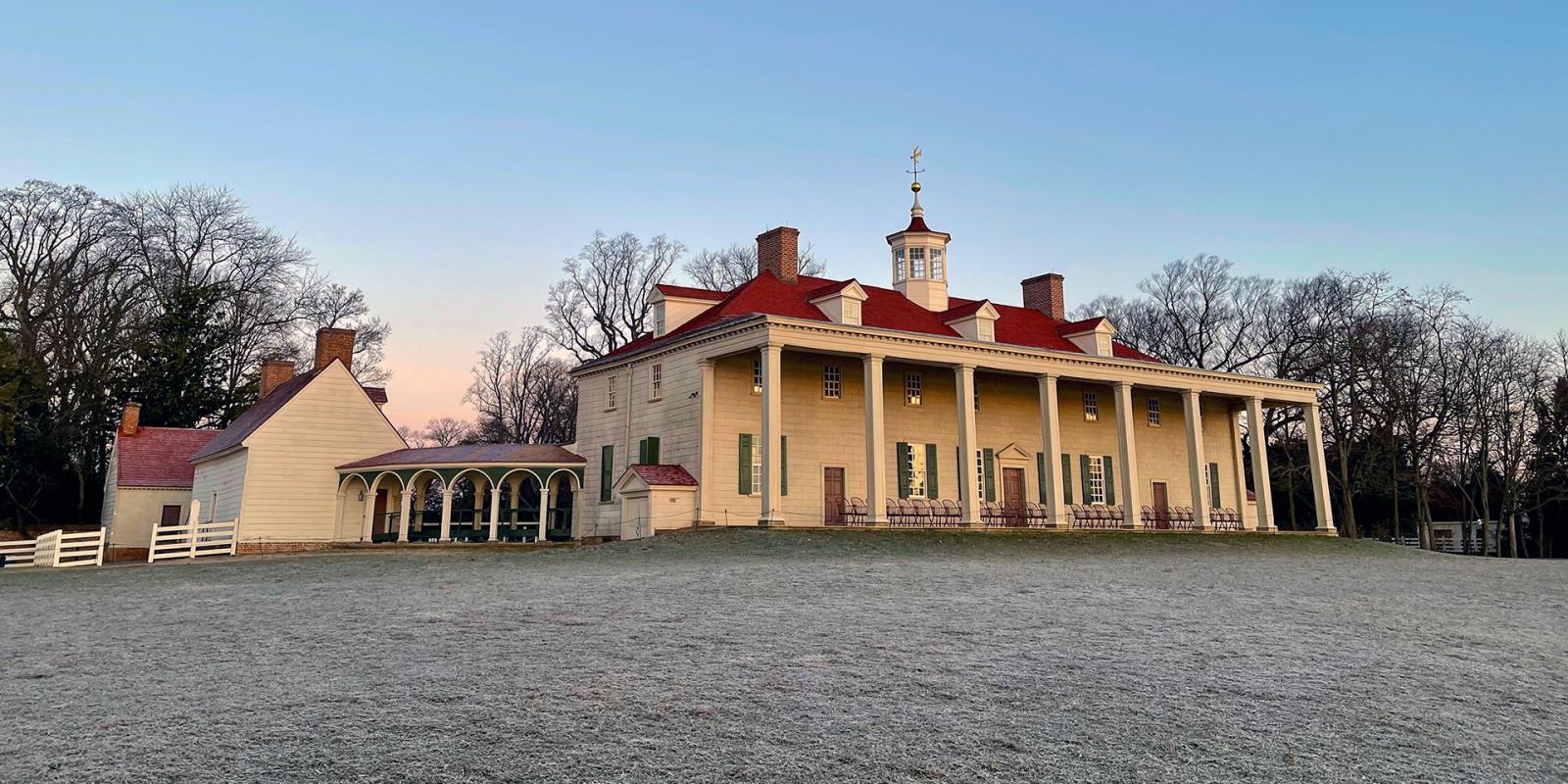Dr. Michael Halberstam and his wife, Elliott, had planned to go to a movie after leaving their friends’ cocktail party, but they decided to make a quick stop back at home first. Michael parked the car and went inside the couple’s Palisades D.C. home to let out their two dogs, Iris and Jake. Elliot headed around back to meet the pups. It was about 8:45 pm – well after dark in the late fall. Moments later, the doctor was staring down the barrel of snub-nosed revolver in his own kitchen.
The odd chain of events that came next would uncover one of the largest — and strangest — crime operations in Washington, D.C. area history.
